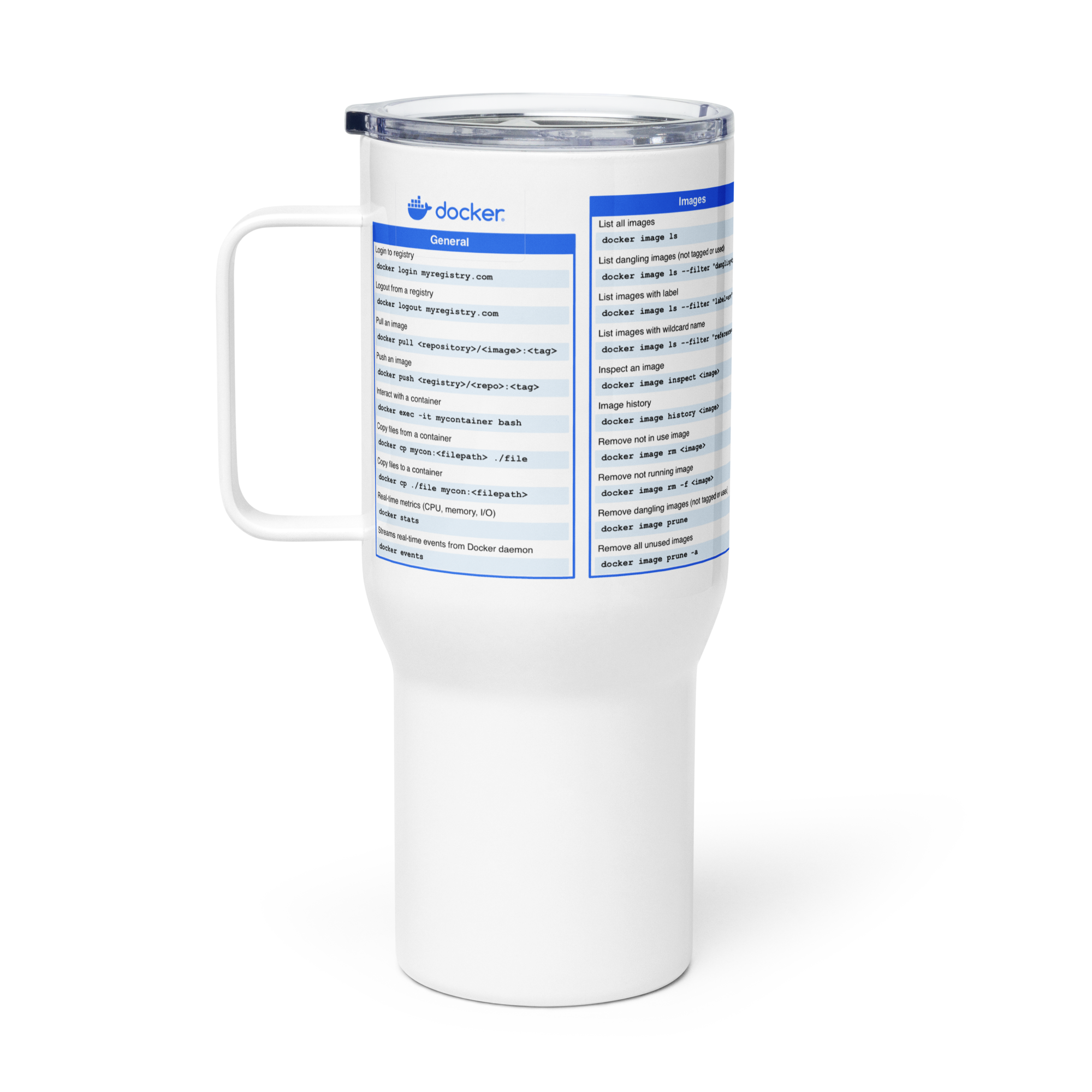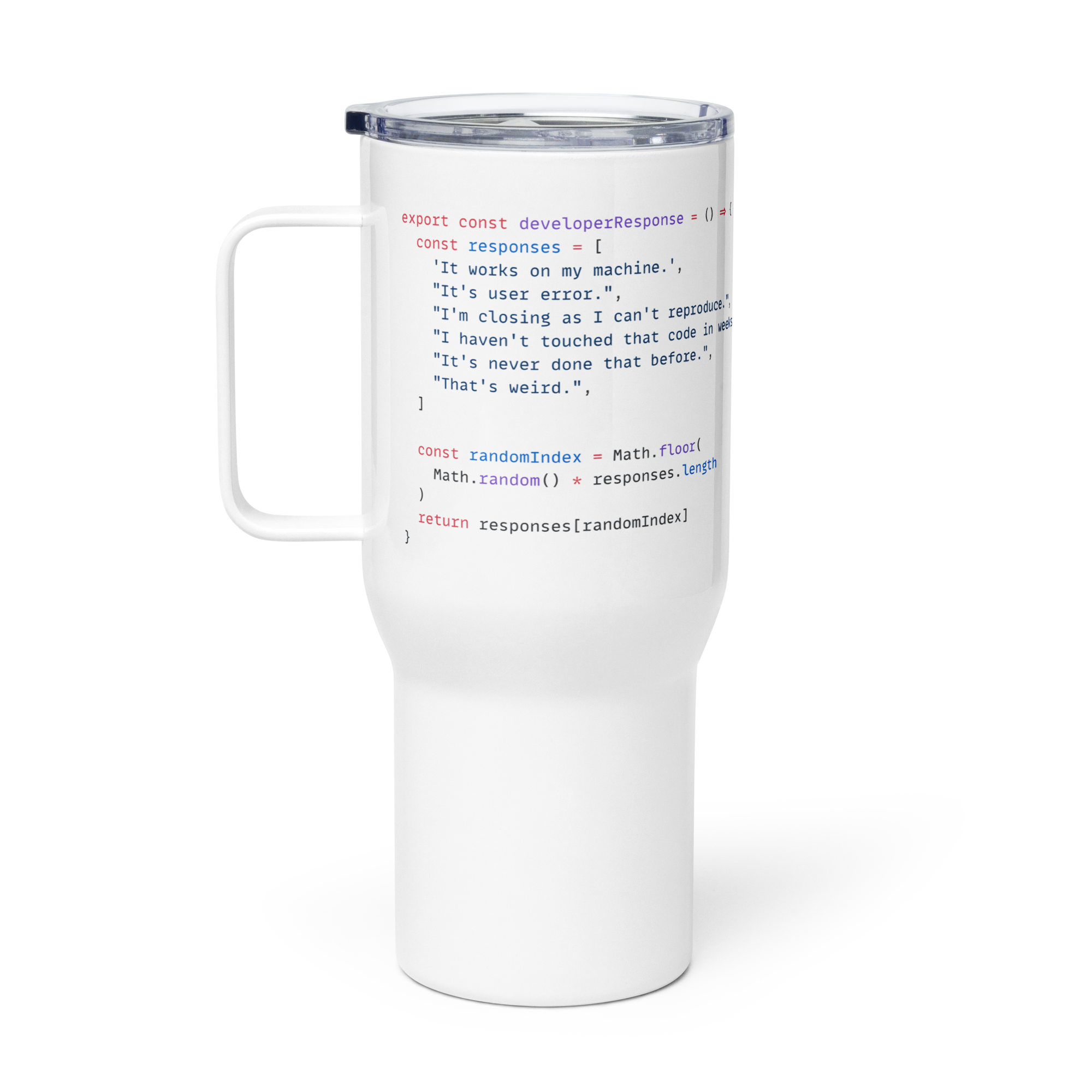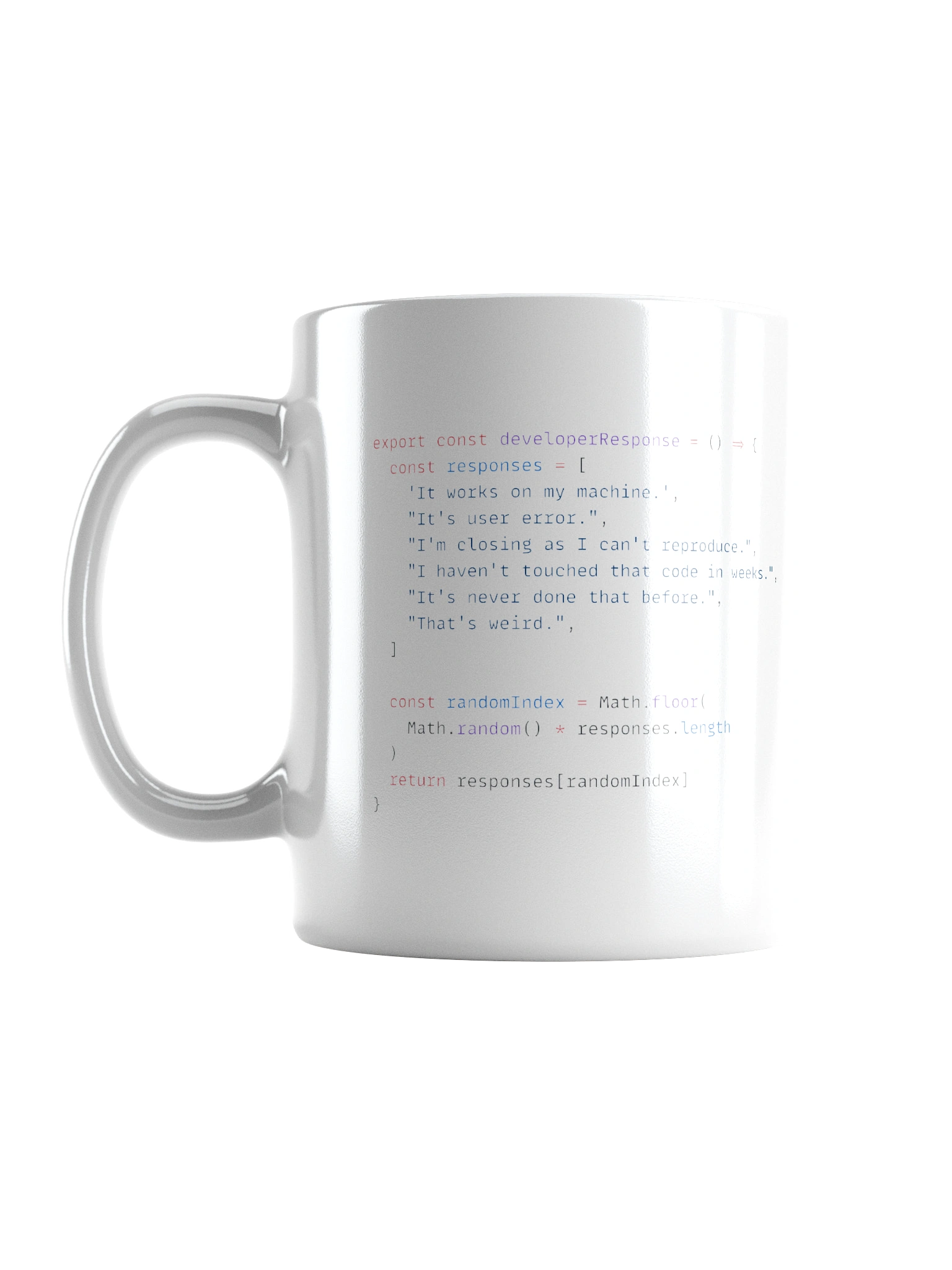What is Docker Swarm
Docker Swarm - Overview and how to use it
3 min read
Published Jul 13 2025, updated Jul 14 2025
Guide Sections
Guide Comments
Docker Swarm is Docker's native container orchestration and clustering tool. It allows you to manage a cluster of Docker engines—called a swarm—as a single virtual system. This lets you deploy, scale, and manage containers across multiple machines automatically, rather than manually handling containers on individual hosts.
Swarm mode is built directly into the Docker CLI and Engine, offering an easier learning curve for Docker users who want to move from single-host setups to clustered environments.
You can still deploy any standard Docker image to a Swarm. You control how many replicas of the container you want, optionally set constraints to target specific nodes, and let Docker Swarm handle high availability tasks like auto-healing and relaunching containers if one fails. It also supports rolling updates, allowing you to update container images with zero downtime.
Docker Swarm is essentially the lightweight, easier-to-manage cousin of more complex orchestration platforms like Kubernetes. While it doesn’t have the same level of ecosystem or extensibility, it covers a large portion of what teams need for production-grade orchestration — with far less operational overhead.
Docker vs. Docker Swarm
- Docker (standalone): Runs containers on a single machine. Good for development and basic deployments.
- Docker Swarm: Adds multi-node orchestration, clustering, replication, load balancing, and failover. Ideal for production environments requiring high availability.
With Docker alone, you're responsible for launching and maintaining containers, managing failures, and handling service discovery manually. Docker Swarm automates all of this.
How Docker Swarm Works
Swarm Cluster - A Swarm cluster is made up of two types of nodes:
- Manager nodes – Handle the control plane (scheduling, orchestration).
- Worker nodes – Execute containers as instructed by managers.
You can run a single-node swarm for testing or scale up to dozens or hundreds of nodes in production.
Services and Tasks
- A service is the definition of the application you want to run, including its image, number of replicas, and network settings.
- A task is a single instance of a container that Docker Swarm schedules to run on a worker node.
You don’t manage individual containers directly in Swarm; you manage services, and Swarm ensures the correct number of containers are running.
Declarative Model
You define the desired state (e.g., 5 replicas of a service), and Swarm maintains that state. If a container crashes or a node fails, Swarm automatically reschedules containers to healthy nodes.
Swarm Features Overview
Built-In Features:
- High Availability and Failover
- Auto-Healing of Services
- Rolling Updates and Rollbacks
- Service Load Balancing
- Config and Secret Management
- Secure Overlay Networking














